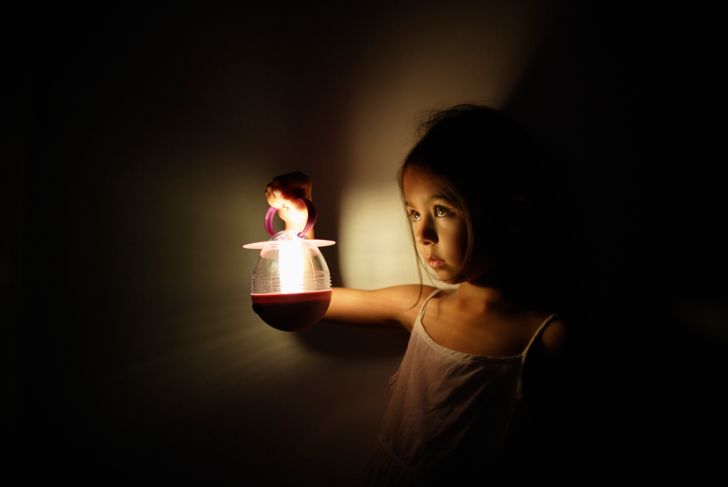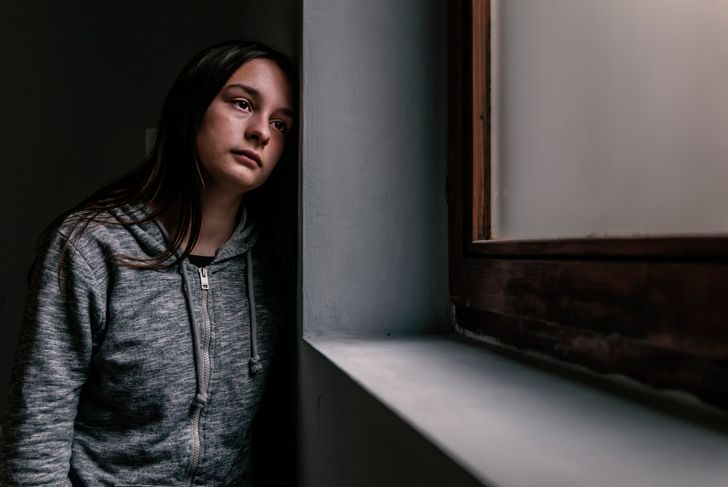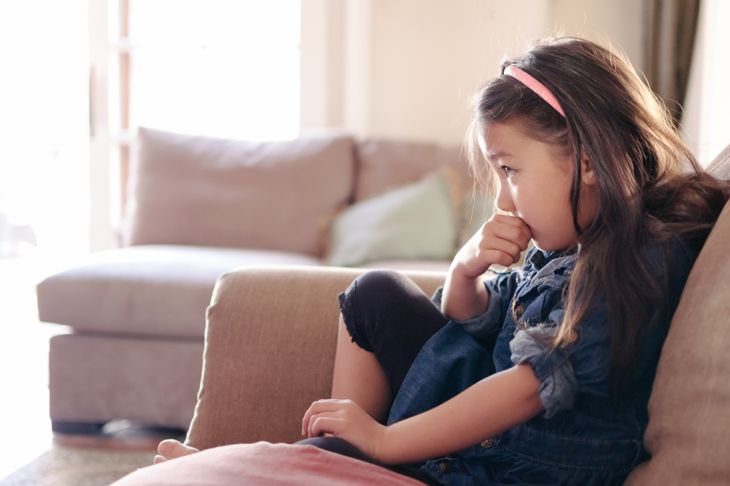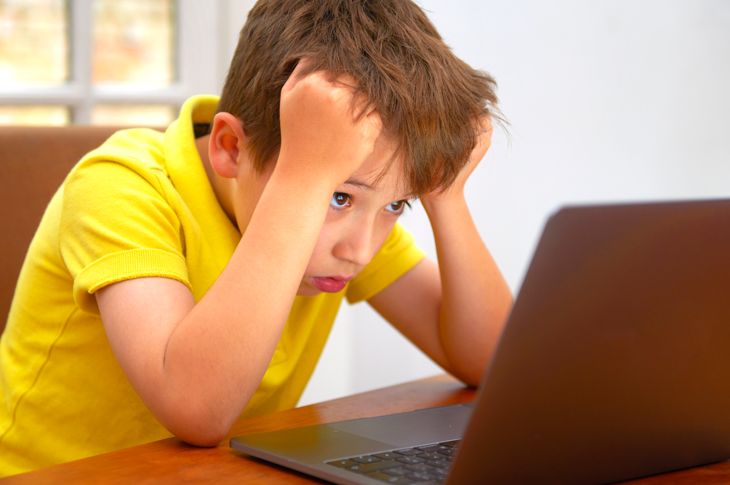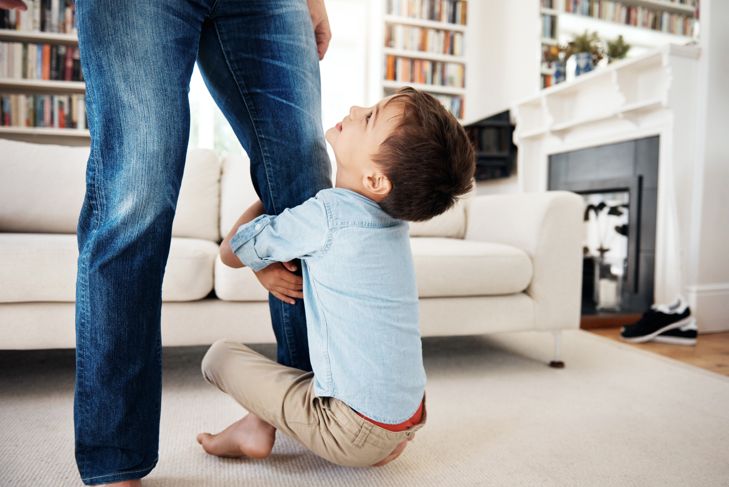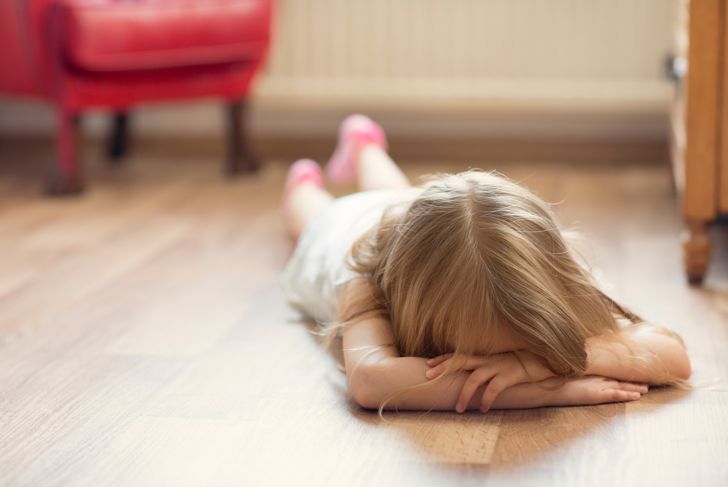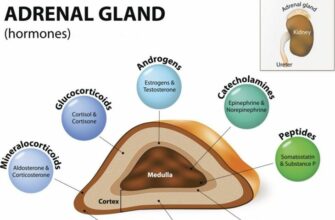A child’s environment can have massive effects on their mental health. The COVID-19 pandemic introduced a range of challenges that dramatically affected the mental health of everyone — including children.Some of these problems developed due to social isolation, while others arose due to changes in caregiver behavior. Understanding the problems that a child may face as a result of the pandemic can help guardians manage their child’s changing mental health.
Fear of the Dark
Not only do more children report a fear of the dark since COVID, but the fear seems to persist beyond the ages that typically experience this phobia. Some behavioral experts feel that this is due to the increase in daily stressors and worries that came hand in hand with the pandemic. Others feel that fear of the dark is equivalent to a fear of COVID, due to both being intangible and nebulous in the mind of a young child.
Attention
Children across all age groups have experienced notable changes in their ability to pay attention. In a study of caregiver-identified issues, the grouping of attention, hyperactivity, and impulsivity was the second most common problem category.Many caregivers pointed to online classes affecting their child’s ability to focus. Additionally, the lack of physical exercise contributed to many references of children being “fidgety” and having “excess energy.”
Increased Worrying
Changes affecting caregivers, such as job loss, loss of income, household illness, and increased burden, have also affected children. Researchers have noted an increase in feelings of worry and sadness in children, as well as uncooperative behaviors. This was most notable in young children living in households where the caregiver was an hourly service worker.
Depression
Studies have found that more children are experiencing depressive symptoms than is typical for their age groups. This increase was most notable in children between the ages of seven and 13, with one-fifth of children showing signs of depression. However, high school seniors appeared to have the most widespread and severe symptoms.Mental health-related emergency visits became more common for teenagers in the past two years, with females making up the majority. Some researchers attribute the increase in depression rates to increased social media usage, social isolation, and sedentary behaviors.
Anxiety
In addition to the increase in depressive symptoms, more children are also experiencing issues with anxiety. Younger children tend to have anxious feelings that mirror those of a caregiver, such as having enough food or having a place to live.All age groups showed feelings of anxiety towards the illness itself, with anxiety symptoms worsening when a person had more COVID-positive family members or friends.
Stress
Stress levels and the rates of stress-related conditions spiked during the pandemic. Many children showed at least a few signs of post-traumatic stress disorder (PTSD) while over 3% met the diagnostic criteria for the condition.Experts found that COVID-related stressors can vary dramatically from child to child, but the most common are social isolation, exposure to COVID media coverage, and constantly changing schooling processes and demands.
Sleep
Adolescents of all ages have experienced sleep changes. Caregivers reported that children under the age of seven had far more nightmares than is typical. Teenagers showed more symptoms of sleep disorders, such as oversleeping or sleeping too little.These sleep changes have direct links to factors like greater screen time, negative caregiver behaviors, and increases in domestic abuse.
Clinginess
Studies have found that children between three and six years old became more “clingy” after the pandemic began, with many having worries about separating from their caregivers. This often involved an obsessive level of requests for updates about the pandemic or the health of a family member.Some caregivers reported their children were more likely to sleep in the caregivers’ beds or desired more frequent physical contact.
Eating Disturbances
Due to the feelings of depression, anxiety, stress, and general worry, many children experienced eating disturbances. These conditions can cause a loss of appetite or trigger unhealthy eating habits, such as binge eating.Some children exhibited fear of having enough food due to changes in caregiver employment, and this prompted them to try to eat less. Changes in physical exercise have also affected children’s diets and dietary needs, increasing rates of childhood obesity.
Developmental Disturbances
Peer interaction plays a major role in child development, allowing them to learn social cues, age-appropriate behaviors, and new skills. Due to social isolation, many children have shown signs of developmental disturbances.Some caregivers have reported that children under seven have regressed, adopting old behaviors like throwing tantrums or using pacifiers. Additionally, sedentary behaviors resulting from quarantines affected exercise levels and children’s physiques, causing them to miss physiological developmental milestones.

 Home
Home Health
Health Diet & Nutrition
Diet & Nutrition Living Well
Living Well More
More